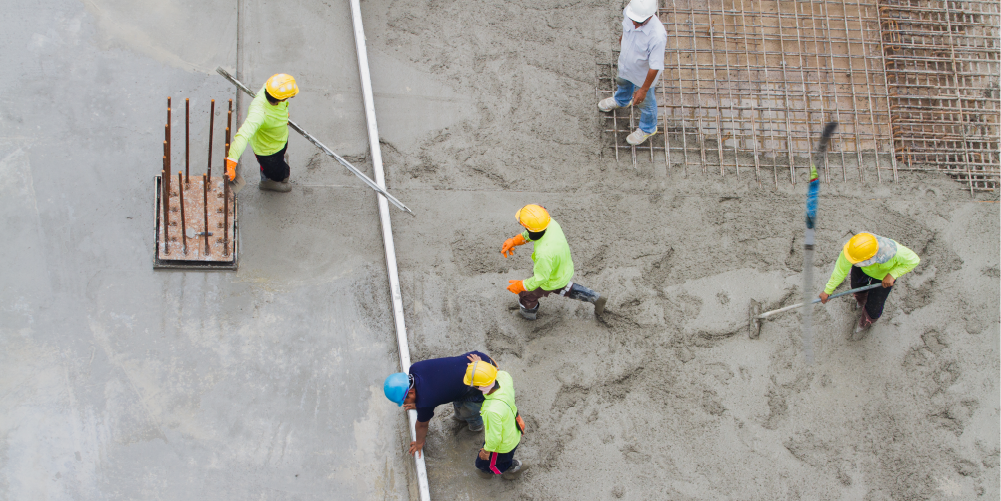
Concrete specialists are experts in concrete materials science, design, testing, and troubleshooting. They have advanced knowledge in concrete chemistry, different types of cement, aggregates, admixtures, and mixing procedures. Concrete specialists are present throughout the entire concrete construction process, from the initial mix design to final strength testing. Concrete specialists may have backgrounds in civil engineering, materials science, construction management, or chemistry. Many have completed post-graduate education in concrete technology and obtained professional certifications such as being a Certified Concrete Technologist. Concrete specialists often specialize in particular applications such as concrete for roads, marine environments, high-rises, or nuclear facilities.
Mix design optimization
They are most important role of a Campbelltown concreting specialists optimizing the initial concrete mix design. The ingredients and proportions of cement, aggregates, admixtures, and water in the mix determine the concrete’s freshly mixed and hardened properties. Concrete specialists will adjust the mix design based on the application, local materials availability, construction methods, and environmental conditions. Maximizing concrete strength and durability requires careful tweaking of the mix design before any concrete is placed.
Modern concrete mixes are complex recipes. Specialists optimize gradations of aggregates and synergies between chemical admixtures. Water-cement ratios are minimized to increase strength. Additional cementitious materials such as fly ash or slag cement may be used for sustainability benefits and performance enhancement. Adjusting the mix design is an iterative process that relies on experience and aims for perfection. Concrete specialists have the expertise to dial in mixed designs to meet project requirements.
Quality control
Quality control testing is another responsibility of concrete specialists. They develop testing plans to continue to monitor concrete production and placement processes. Freshly batched concrete is tested regularly for slump, air content, temperature, and other indicators of mixture consistency. Concrete specialists may adjust batching procedures or stop concrete placement if specifications are not met. Compressive strength testing on hardened concrete samples is also crucial. Concrete specialists interpret strength test results to identify potential weaknesses in mix designs. For concrete structures like high-rise buildings and bridges, compressive strength is directly related to durability and safety. Only concrete specialists have the experience to correctly translate compressive strength results into real-world performance.
Troubleshooting & Failure investigation
When issues inevitably arise, concrete specialists are called upon to investigate and diagnose root causes. Specialists perform forensic testing and analysis on distressed, deteriorating, or failed concrete structures. It may involve extracting concrete cores for lab analysis or employing advanced test methods only available to specialists. Findings are used to determine repair procedures or make improvements to prevent future defects. Specialized testing is particularly important for diagnosing complex issues like alkali-silica reactivity, sulfate attack, and delayed ettringite formation. These deleterious processes destroy concrete from within and require microscopic examination by specialists. Concrete specialists have seen it all when it comes to concrete problems, making their troubleshooting skills invaluable.
Training & Education
To hands-on functions, concrete specialists pass on their knowledge by training construction workers, engineers, architects, and inspectors. They lead classroom seminars and certifications related to best practices for concrete construction and quality control. Concrete specialists help educate and qualify new technicians entering the field. Concrete specialists also support university research and development initiatives. Students benefit greatly from being taught directly by industry specialists with advanced technical knowledge and experience. Relationships between academia and practitioners ensure innovation continues to meet real-world needs.




